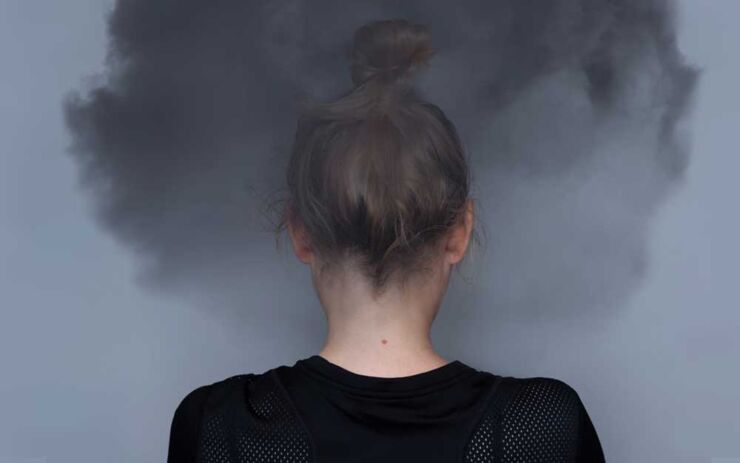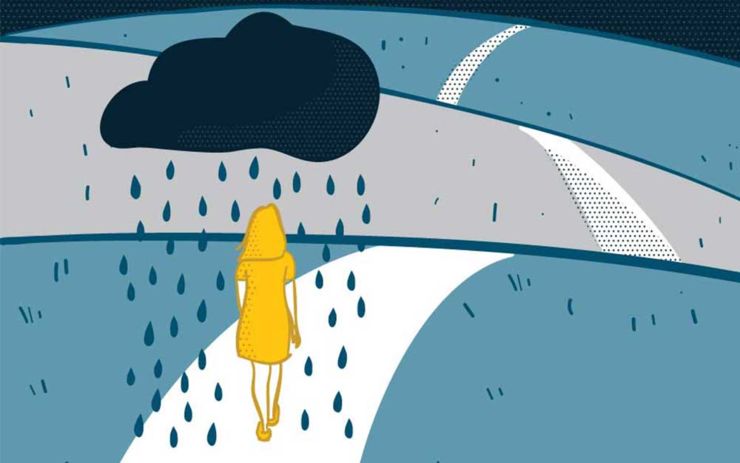Resources
Find Your Resources
Resource Types
Featured Series
Help for parents, families, and educators as they navigate the start of…
Resources for understanding why teens turn to drugs or alcohol, and what to…
Signs to watch for, tips to use at home, and knowing when it’s time to seek…



